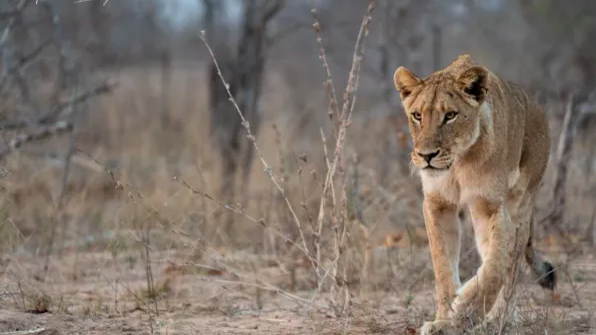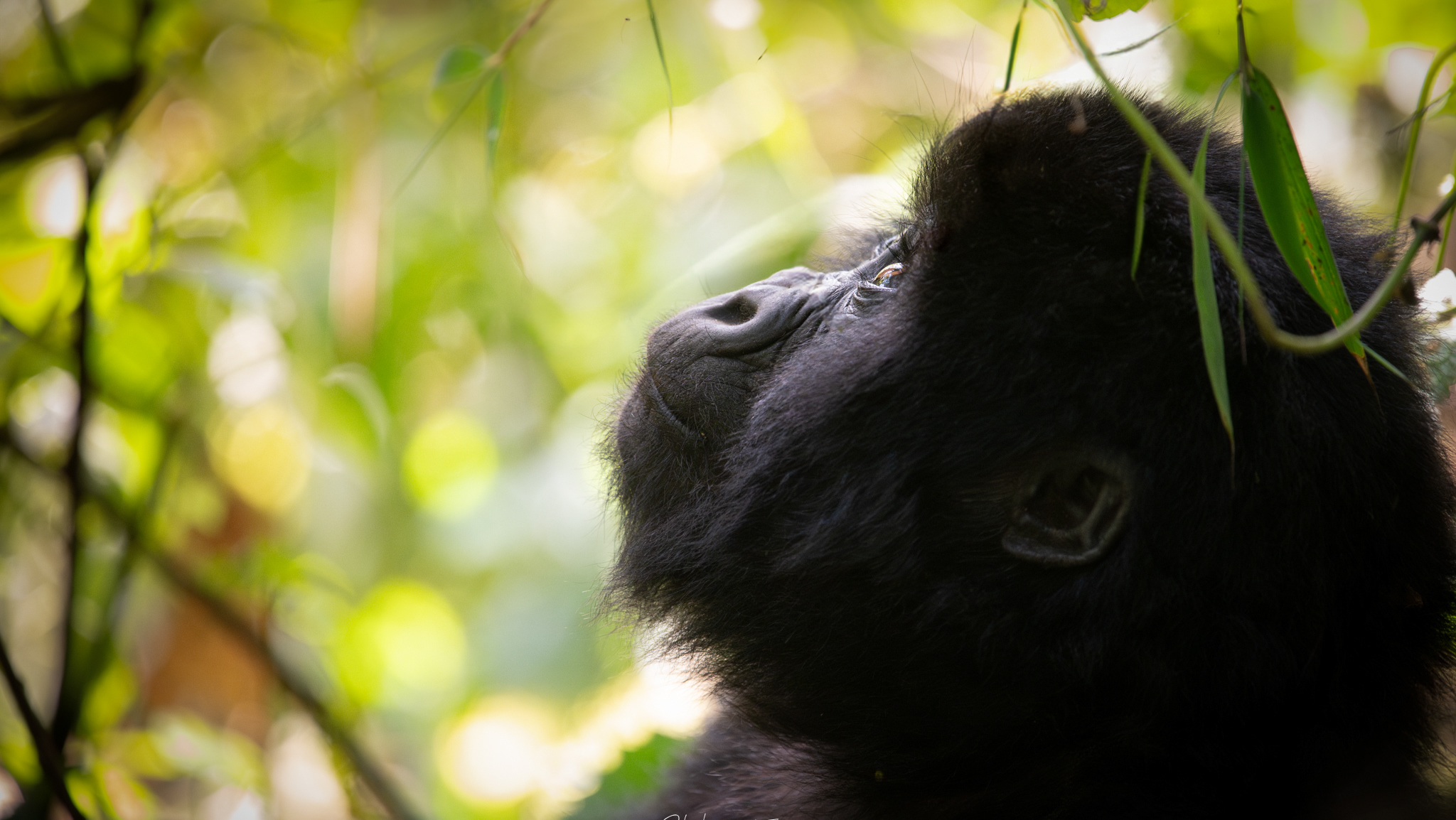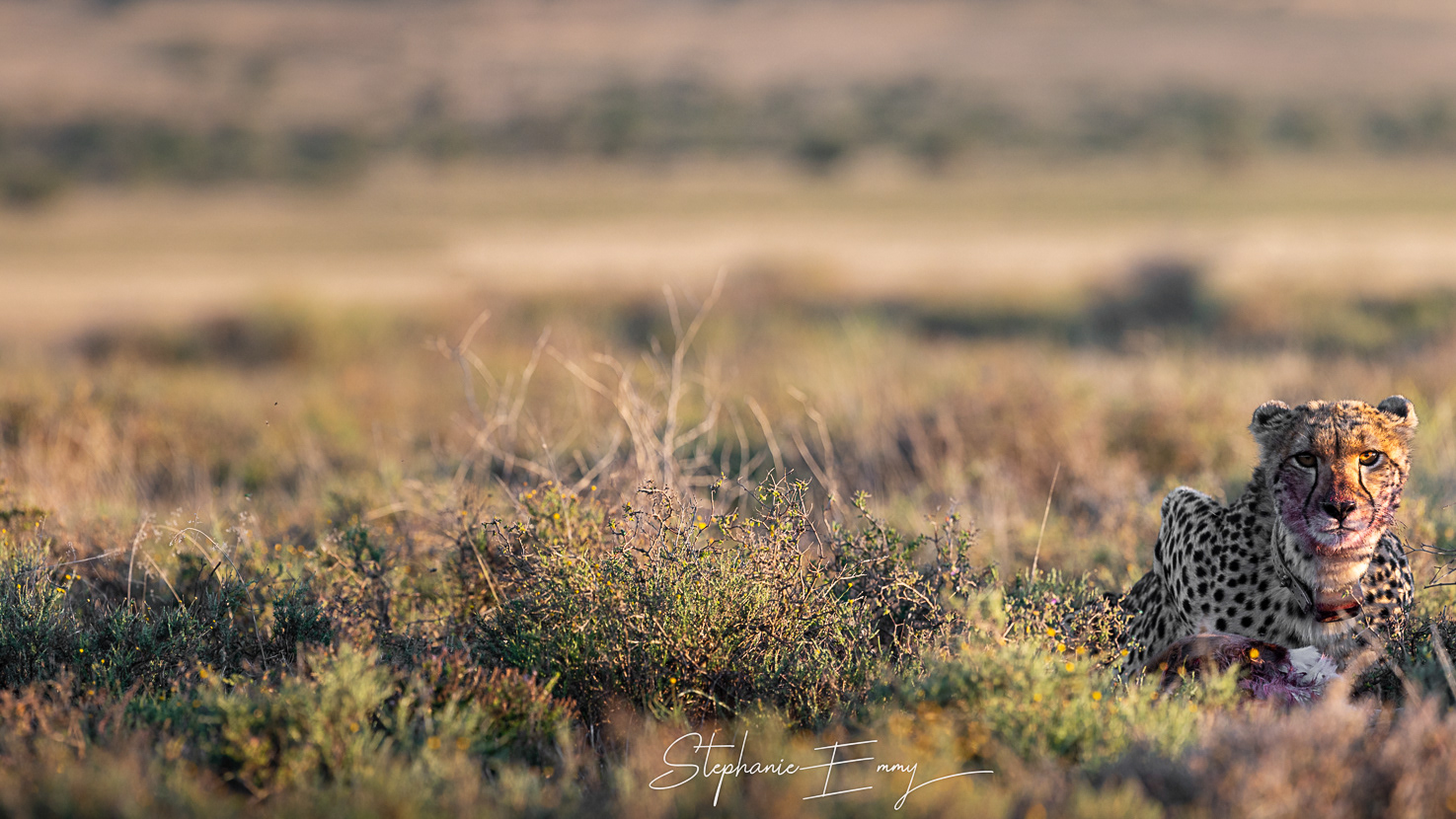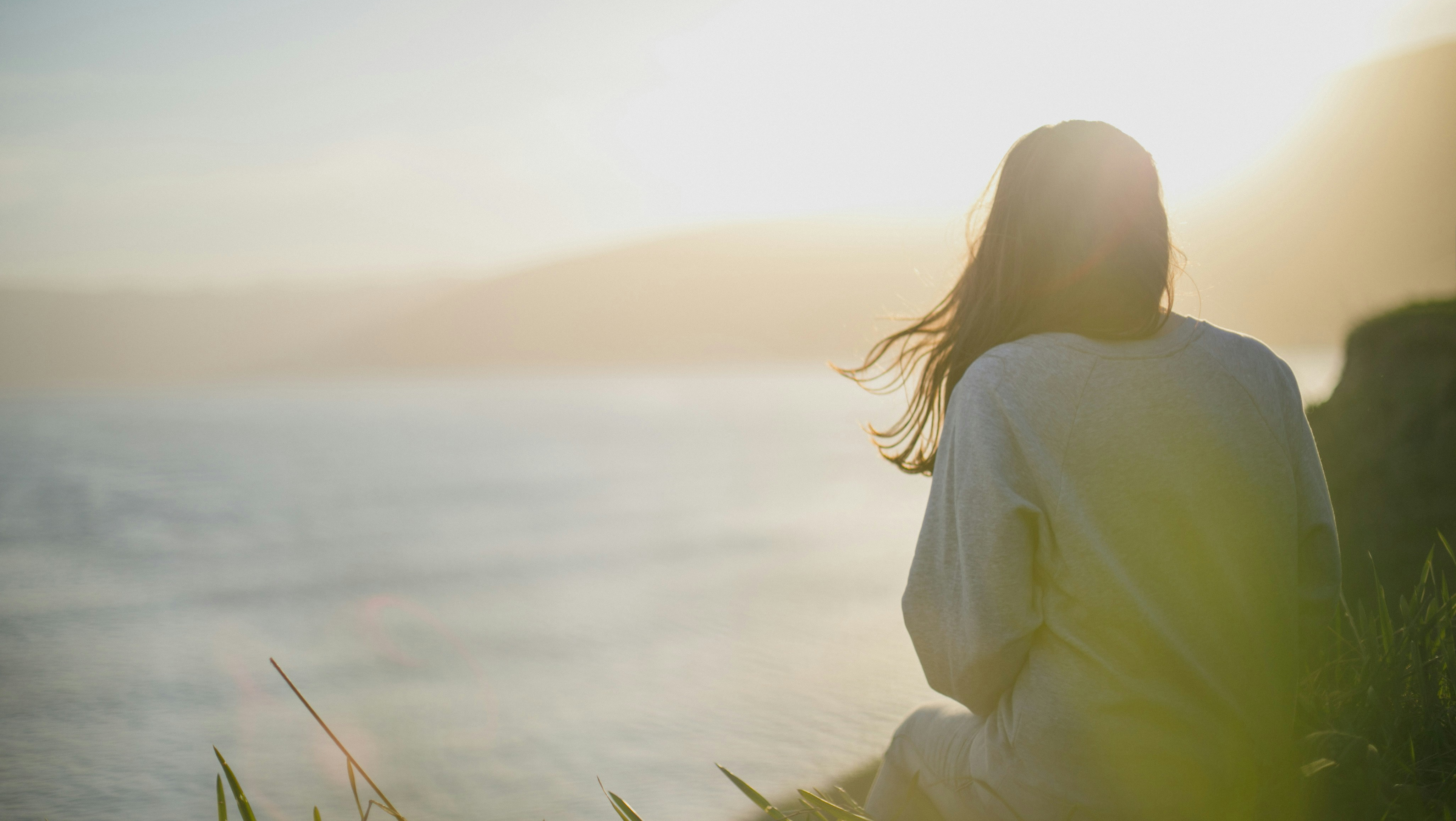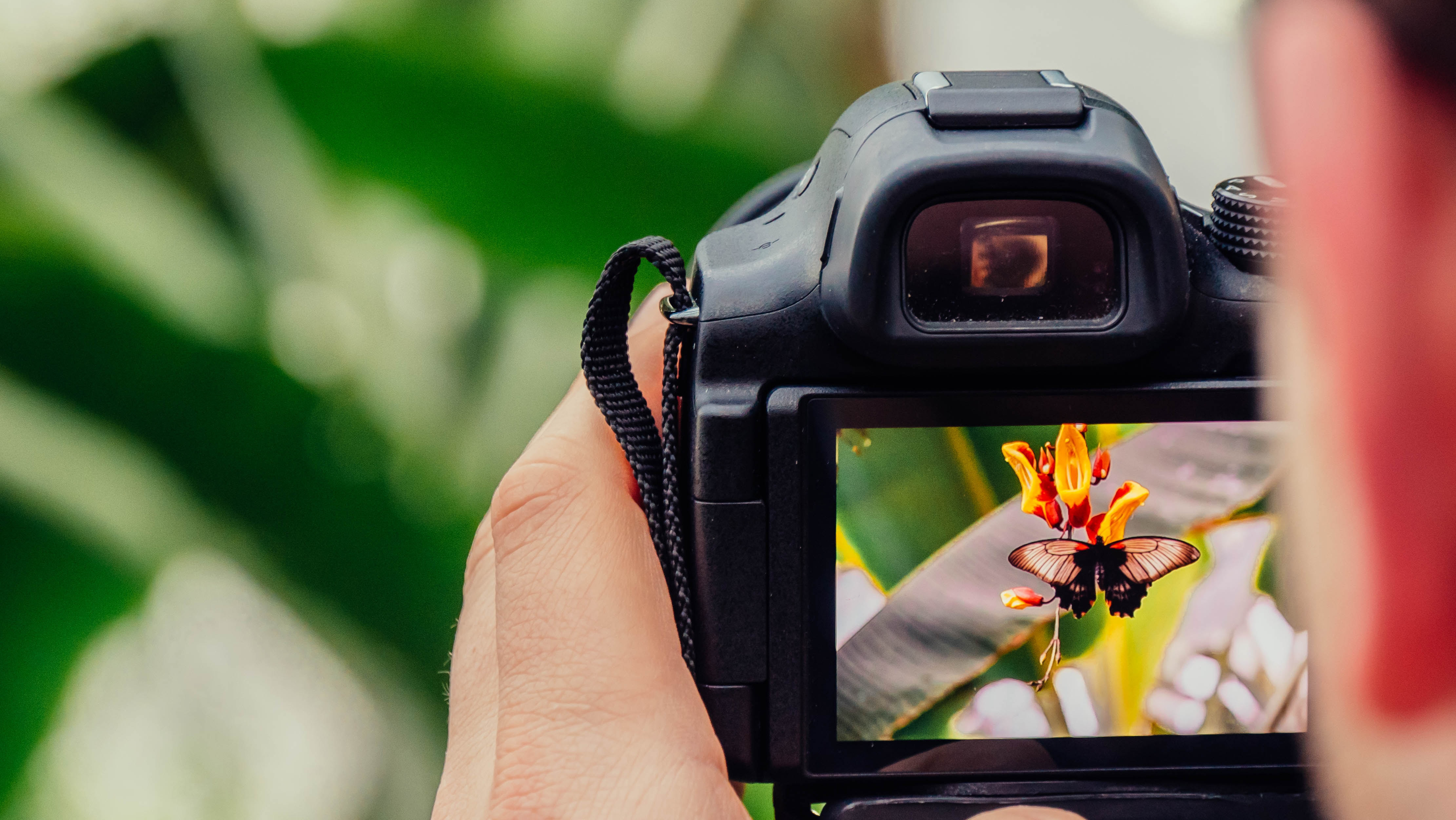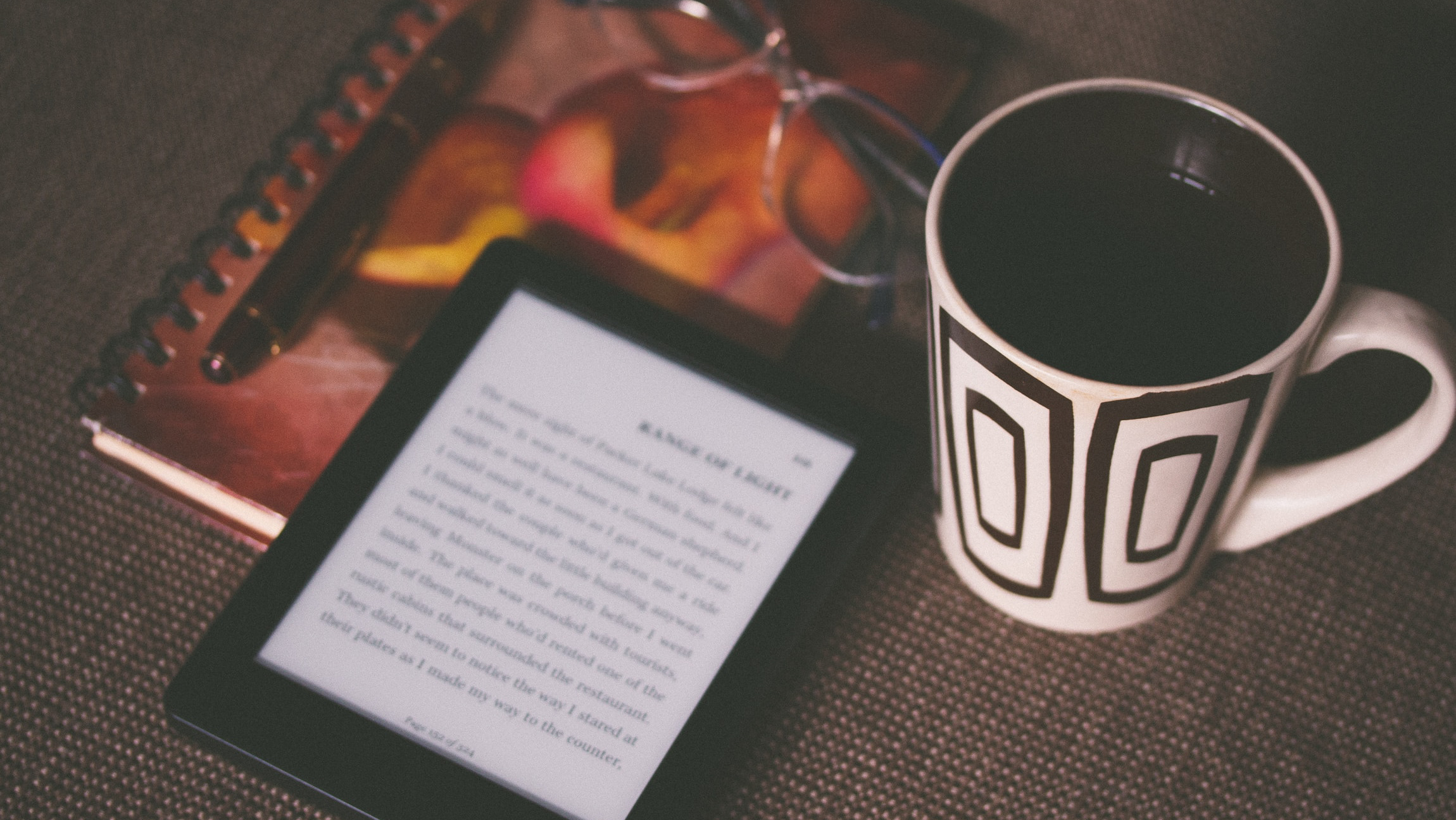I was gifted a Kindle at the end of 2022, a little technological advancement I had been trying very hard to resist. The result has been a wonderful ever-growing wish list of books and access to copies that aren't always available in South Africa. I also believe strongly that prolific writers are equally prolific readers so I made it my mission to read even on my busiest days as my PhD finally came to an end.
So, here is a list of interesting books I have read over 2023, from psychology to environmental works, and all things that inspire my own research.
Grit by Angela Duckworth: Grit is about how passion and perseverance are ultimately more important than talent alone in high achievers. It was an inspiring read that showcased case studies of incredible high achieving people, arguing ultimately that each individual's ability to persevere and maintain a sense of passion and curiosity about the world is what gives them the impetus to achieve great things. This book came at the perfect time for me when the finish line for my thesis was just in sight but still felt so far and gave me that boost of energy and confidence to see it through.
I Didn't Do the Thing Today by Madeleine Dore: Life often feels like a never-ending to do list - from work, personal life, habits, and everything in between. It's overwhelming and I have often felt immobilised by the sheer volume of it all. Dore's book is a welcomed call to slow down and take ownership for the fact that we simply can't do it all, all of the time. It encourages readers to embrace the idea that constant productivity is unrealistic and to let go of the notion that we always need to be doing.
Quiet - The Power of Introverts by Susan Cain: This must be one of my personal favourites. As a self-professed introvert myself I have become keenly aware that most writing about introverts is centred on how not to be one. Cain fully embraces all the positive aspects of what it means to be an introvert, highlighting the many ways in which introverts make valuable contributions to the world. For anyone feeling pushed to 'be more', I highly recommend this book. I walked away from it understanding how our own strengths are equally valuable and gave me the confidence to lean into my introversion.
Living in Two Worlds by Ian McCallum and Ian Michler: At once an inspiring and deeply concerning read, McCallum and Michler have produced a poignant and eloquent call to action to save the environment. They provide insight into human psychology, economics, politics and biodiversity to better understand that our current ways of living are simply not sustainable and call for a kinder, more conscious approach to living.
Flowers for Elephants by Peter Martell: This is an uplifting and empathic book about communities, conservation, and what can be achieved when both people and wildlife are prioritised equally. This comes at such an important time when more and more researchers and practitioners are asking questions about repairing our relationship with nature, Martell offers beautifully narrated insight into Lewa's success as a place of co-existence.
Rewilding Africa by Grant Fowlds and Graham Spence: Rewilding is an incredibly complex and multifaceted approach to conservation that needs to account for land, species, and people. This book offers profound insight into Fowlds' journey as a conservationist on a mission to save endangered species and rewild some of the most richly biodiverse parts of Africa. It also sheds important light on the impact COVID-19 had on conservation with important lessons we can all take to heart.
This One Wild and Precious Life by Sarah Wilson: I loved this book! Wilson draws on personal experience and insight from philosophy, literature and science to advocate for a new way of living that is ultimately kinder on ourselves and the planet. Much like McCallum and Michler above, the book is a strong call for a more conscious way of life where less is more. I love it for being bold and imagining a far more positive future based on extremely simple, yet impactful, steps each of one us can take.
Safari Nation by Jacob Dlamini: I actually started this during my PhD research as a whole new way of understanding the Kruger National Park's history. Typically, historical accounts of the park position people of colour as largely absent, but Dlamini's research highlights an incredibly important and overlooked fact: despite extreme marginalisation, people of colour have always been present in the park and its surrounds. This book looks at the many ways in which South Africa's apartheid era shaped the national park and its beginnings but advocates for those who have historically been excluded from the Kruger's narrative.
The Conservation Revolution by Bram Buscher and Robert Fletcher: Buscher's conceptualisation of 'convivial conservation' has served as an important source of inspiration in my research as a conservation psychology researcher. This book delves into the urgent need for conservation practice to undergo a revolution to become truly sustainable for all. Despite deep divisions in the conservation world, Buscher and Fletcher critique current models and practices and finally envision a way forward to create effective and sustainable change. This book is a must read for anyone studying or practicing conservation, but also for anyone looking at ways in which we can collectively take action to protect biodiversity and humanity.


